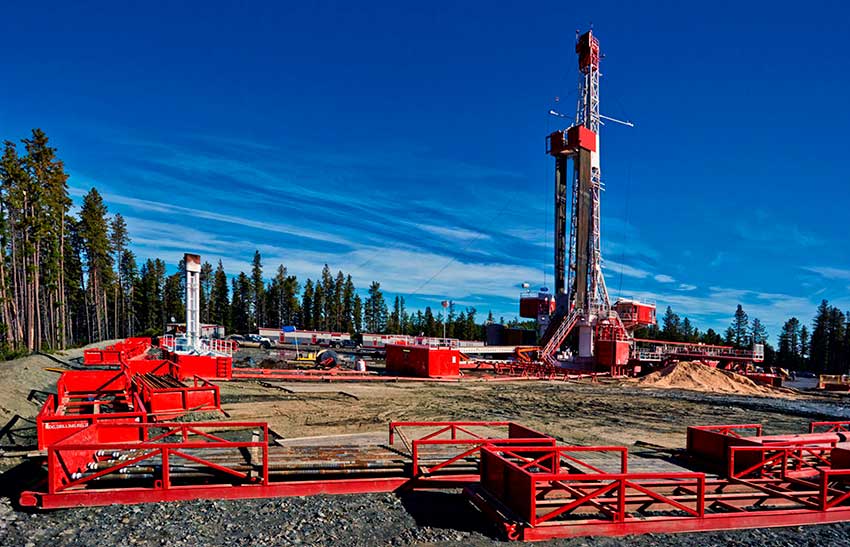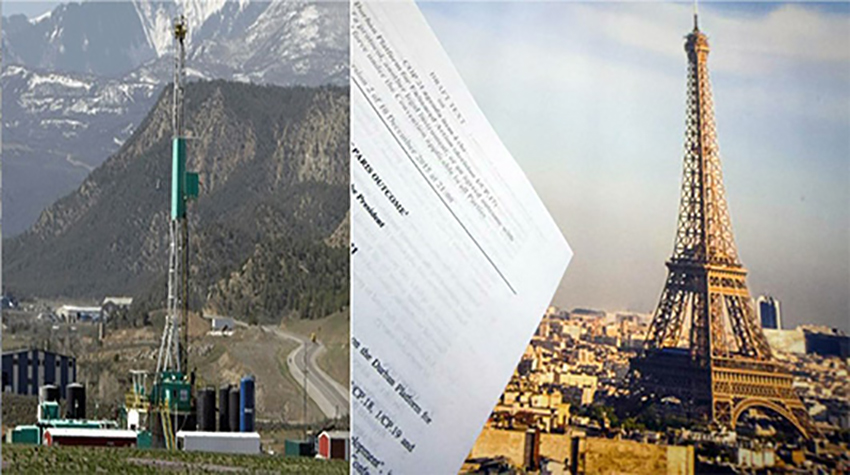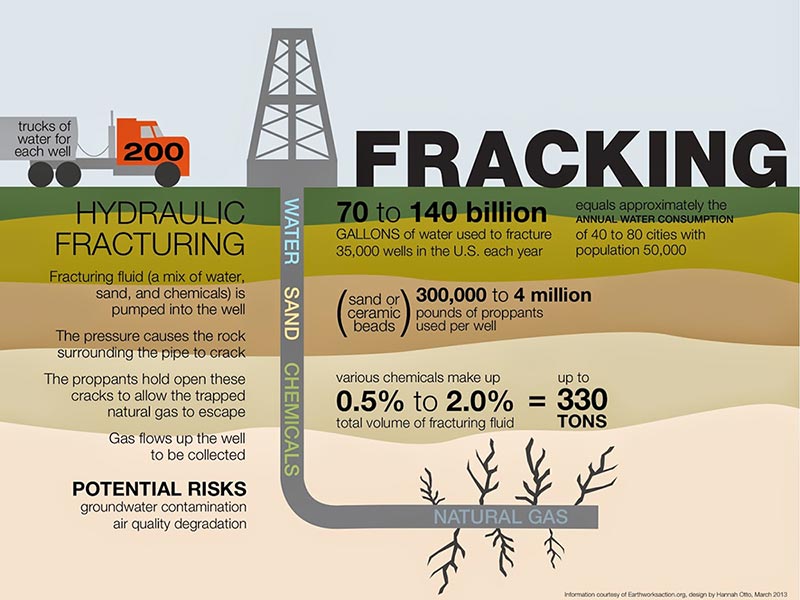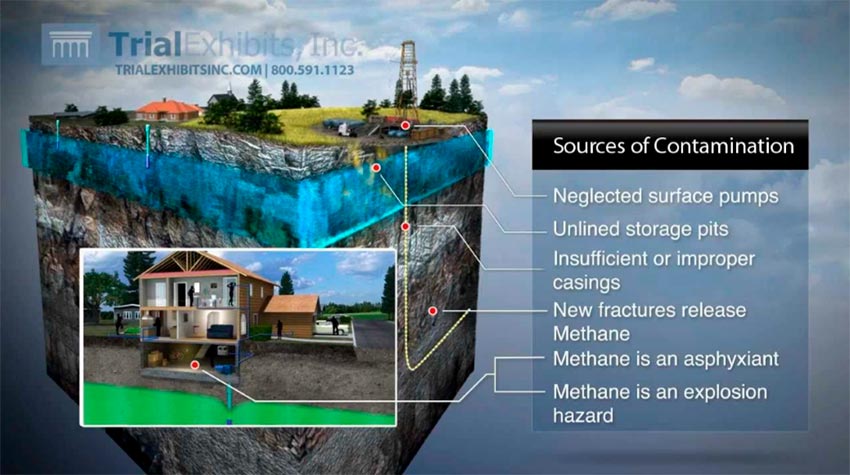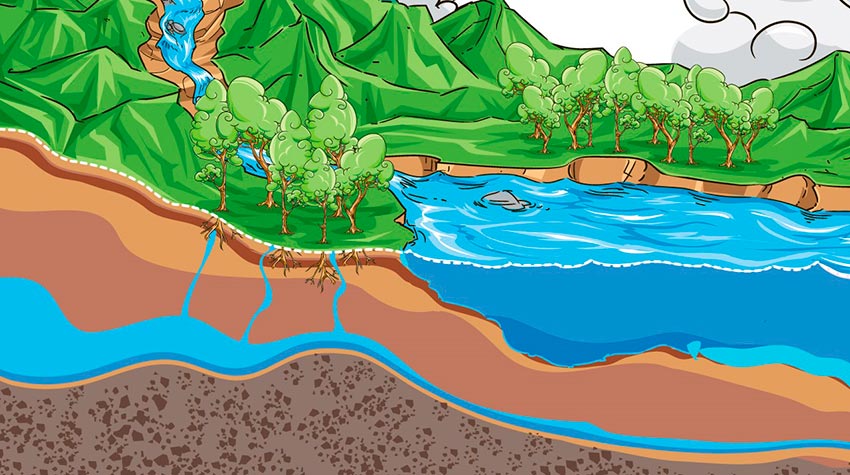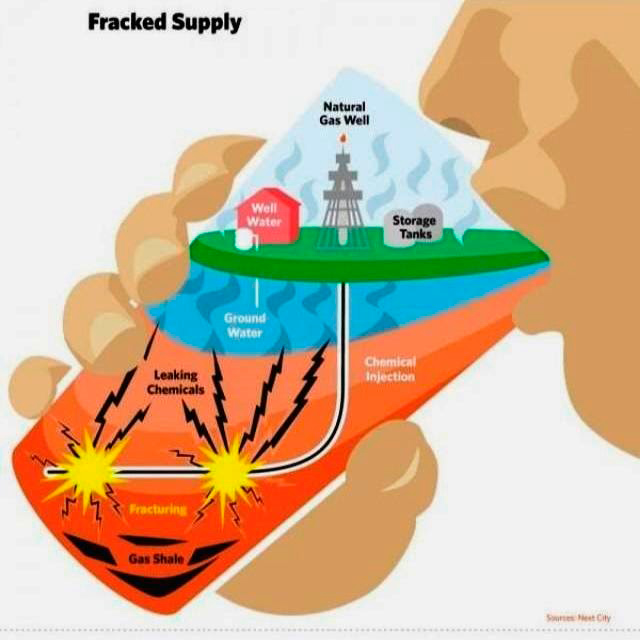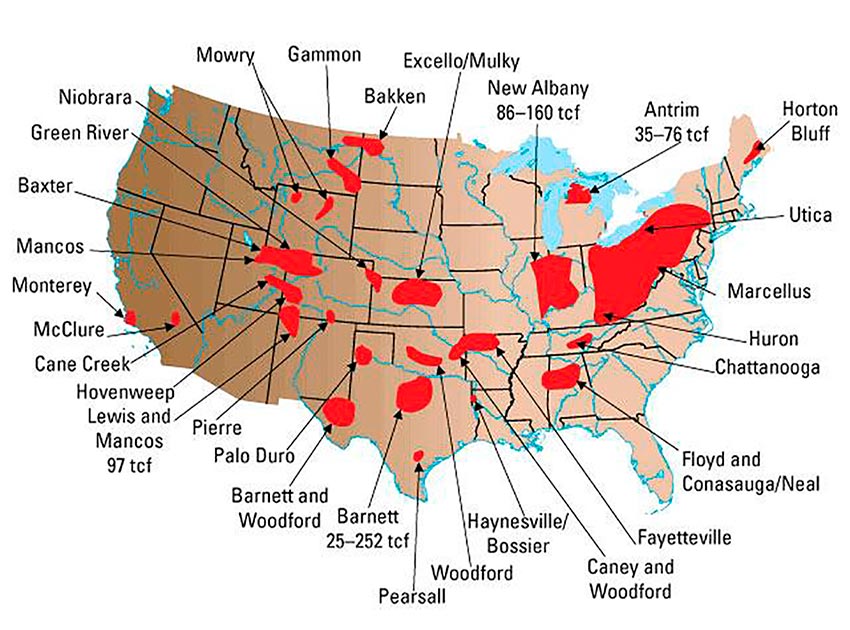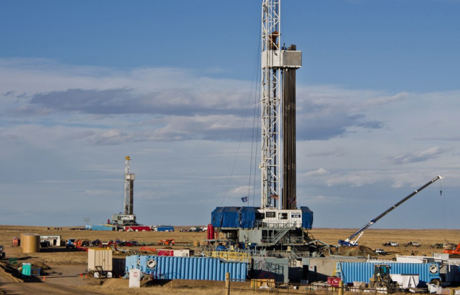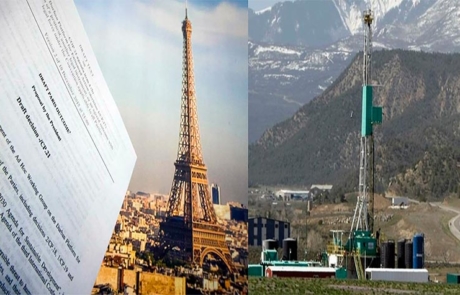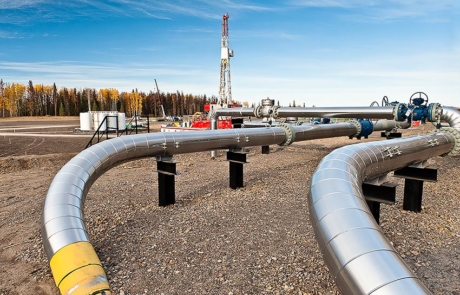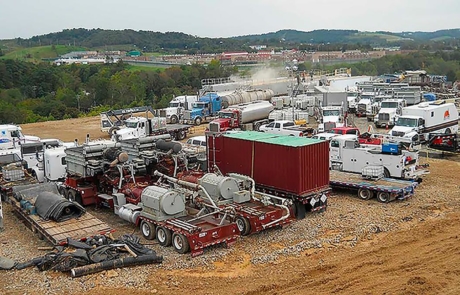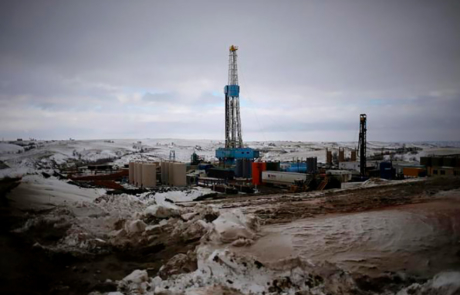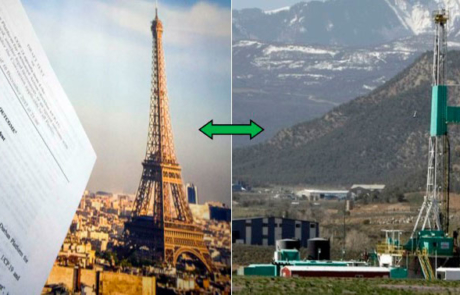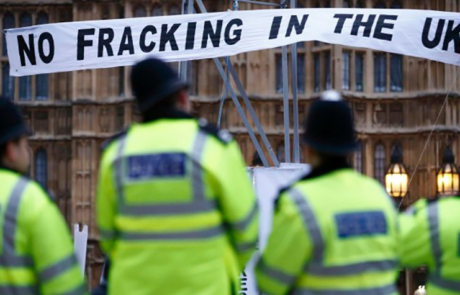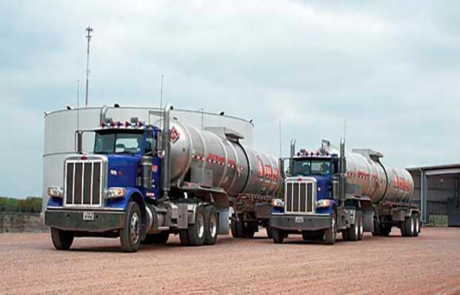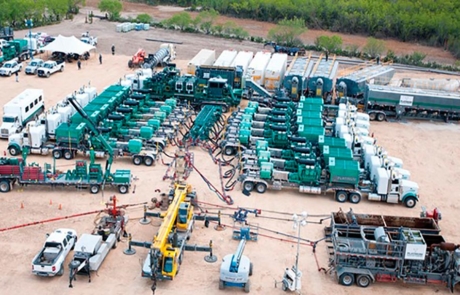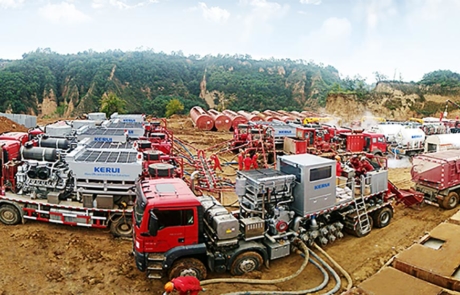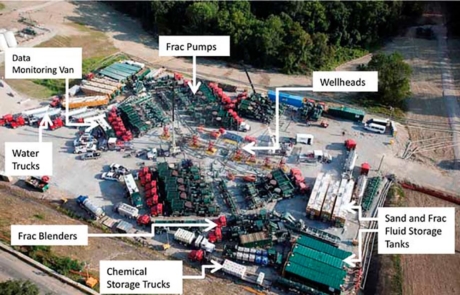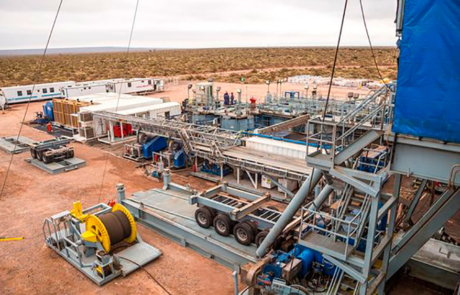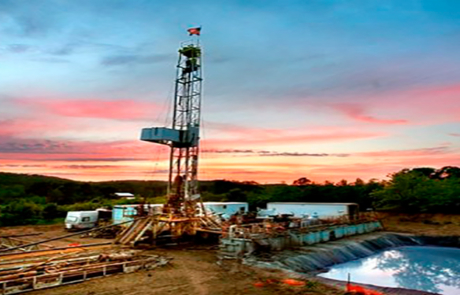11. In which countries is fracking prohibited?
In France the technique of hydraulic fracturing was banned by the parliament on June 30, 2011. In Bulgaria, on January 18, 2012. In May of that same year, the German government decided to temporarily halt its plans for the implementation of hydraulic fracturing. In Spain, in 2012 and 2013, the autonomous communities of Cantabria and La Rioja, respectively, prohibited hydraulic fracturing in their territory and Valle de Mena (Burgos) was declared a municipality free of hydraulic fracture. Switzerland has banned the use of technology through a national moratorium. In Italy, two shale gas exploitation projects were paralyzed, one through social protest and the second by the government itself. In Northern Ireland, in 2011, parliament voted in favor of a two-year moratorium on hydraulic fracturing. The Senate endorsed it in June 2017. In Ireland, in 2013, the government established an informal two-year moratorium on the exploitation of shale gas. In the United States, some states and cities have banned the use of technology. This is the case of the State of Vermont in 2012. That same year, the State of New Jersey prohibited the deposit of waste from the extraction of shale gas in its territory. Other states and cities have declared moratoria for hydraulic fracturing, including the state of New York. In England, Prime Minister Theresa May, in 2016, decided to break the moratorium and give an impulse to fracking, and in turn to nuclear energy, while suppressing the Department of Energy and Climate Change. One of the first licenses granted was to the company Cuadrilla in the county of Lancashire, precisely the scene of the battle against fracking that was carried out by environmental groups.
Other FAQs about Fracking
1. What is fracking?
2. What products are obtained with fracking?
3. How is the fracking procedure?
4. When was fracking first used?
5. Is fracking dangerous?
6. How does fracking affect the environment?
7. How does fracking affect climate change?
8. What are shale gas and shale oil?
9. In what countries is fracking done?
10. Are there regulations for fracking technology?
11. In which countries is fracking prohibited?
Other sections of Fracking

Fracking fever, a real threat to Paris Agreement
The failure of the Paris Agreement would be the failure of Homo sapiens. If we do not reverse the increase in global warming and we do not support sustainability on our planet, we will all be losers. There are clear indications that we are going in a opposite direction to the 2015 agreements, as can be seen in this paper. The increasing fever of the fracking, due to the cheapening of the processes of extraction…

Fracking or hydraulic fracturing
Fracking, or hydraulic fracturing, is an unconventional method of extracting oil and gas that requires vertical and horizontal drilling at great depths. The first commercial hydraulic fracturing was achieved as recently as 1998. Fracking is a very controversial technology since it prolongs the use of fossil-fuel hydrocarbons…

